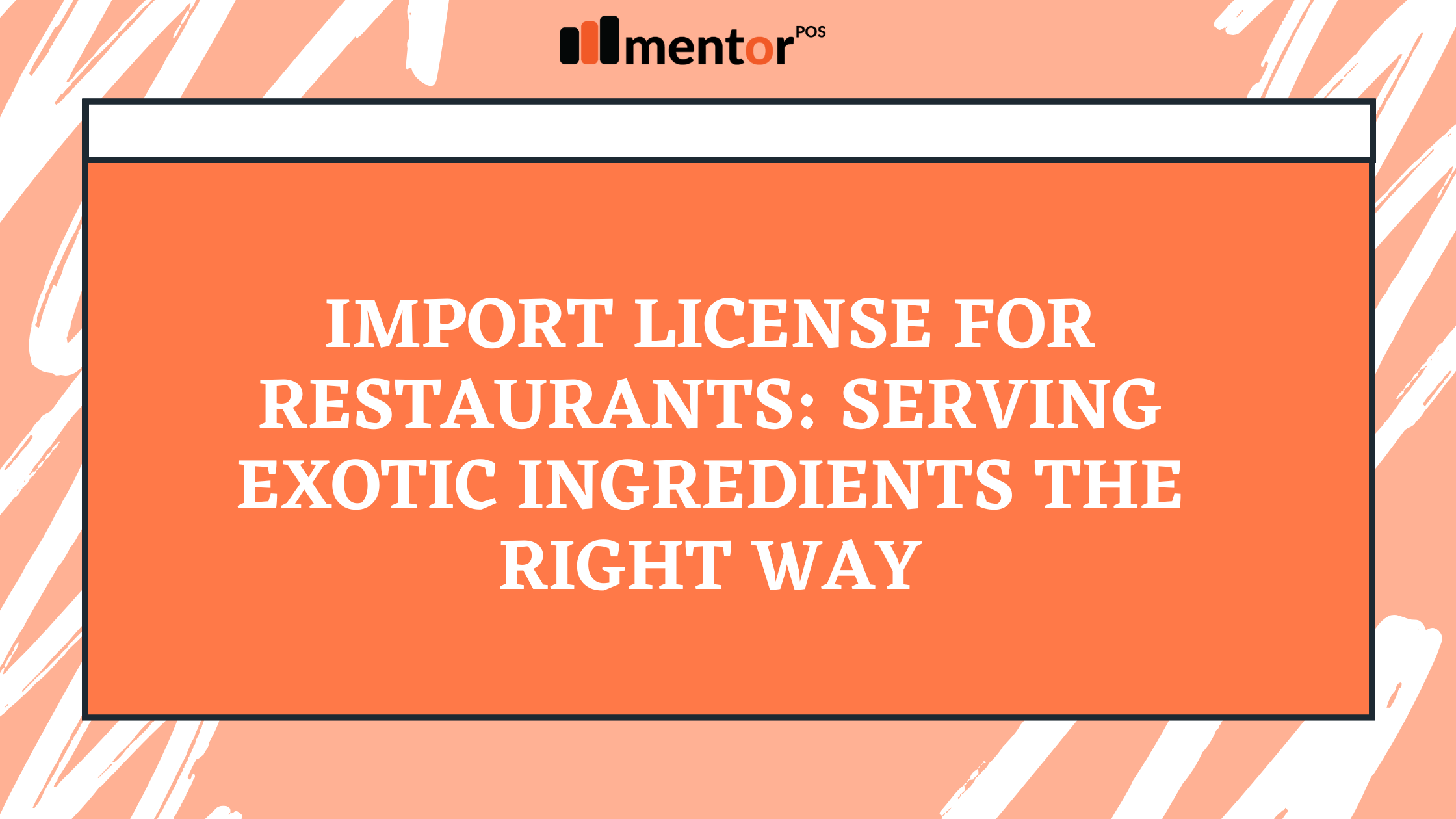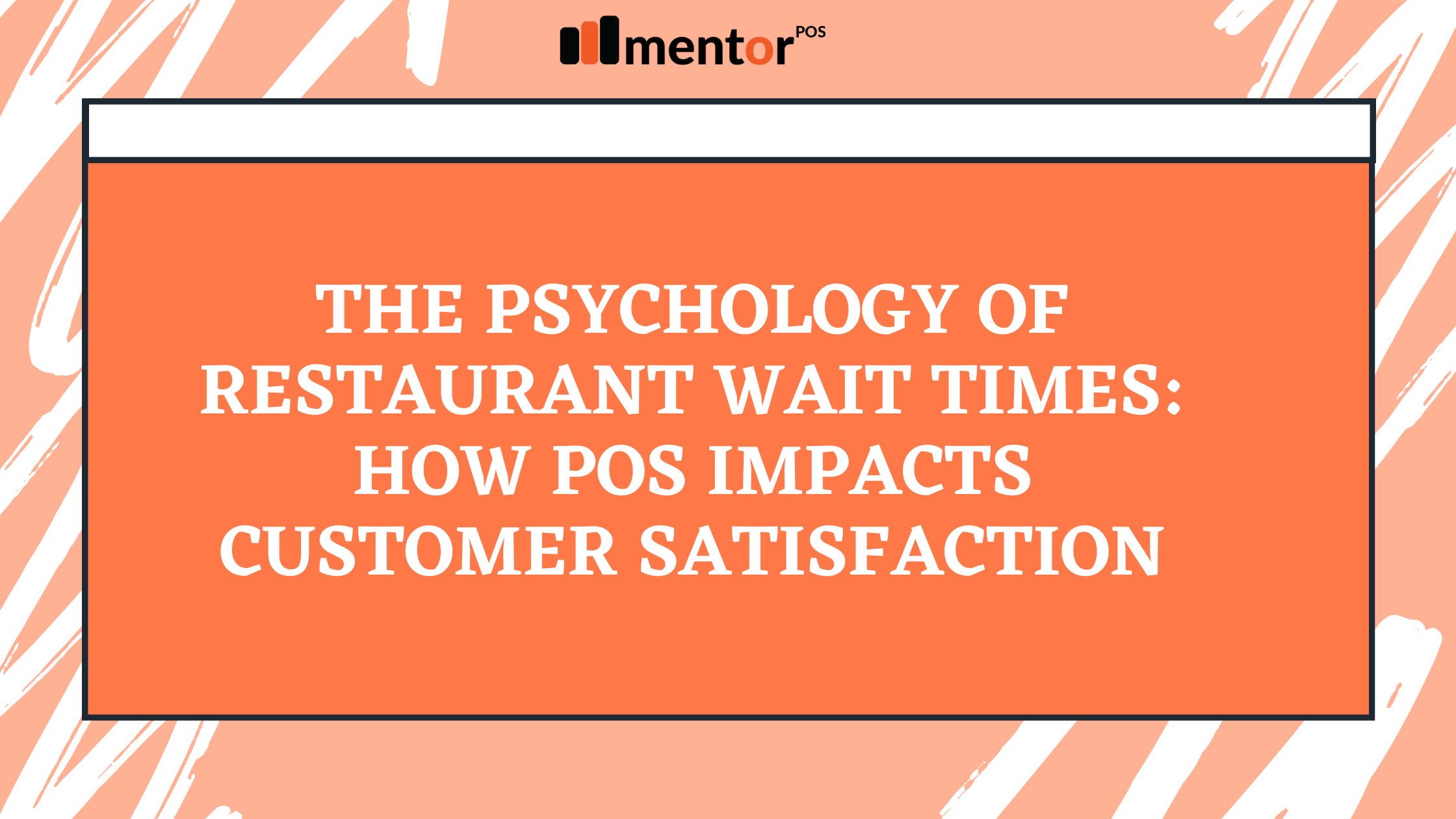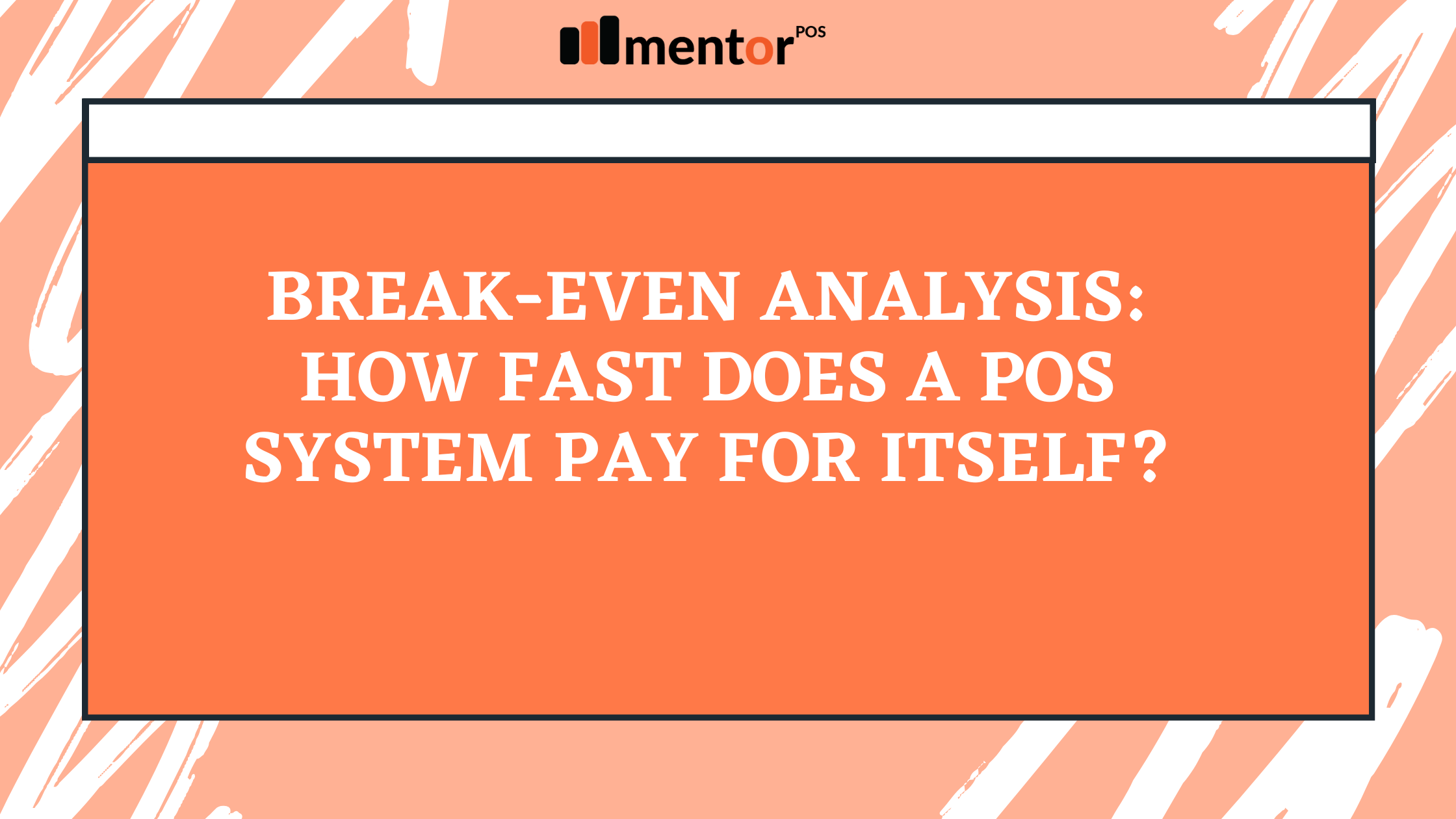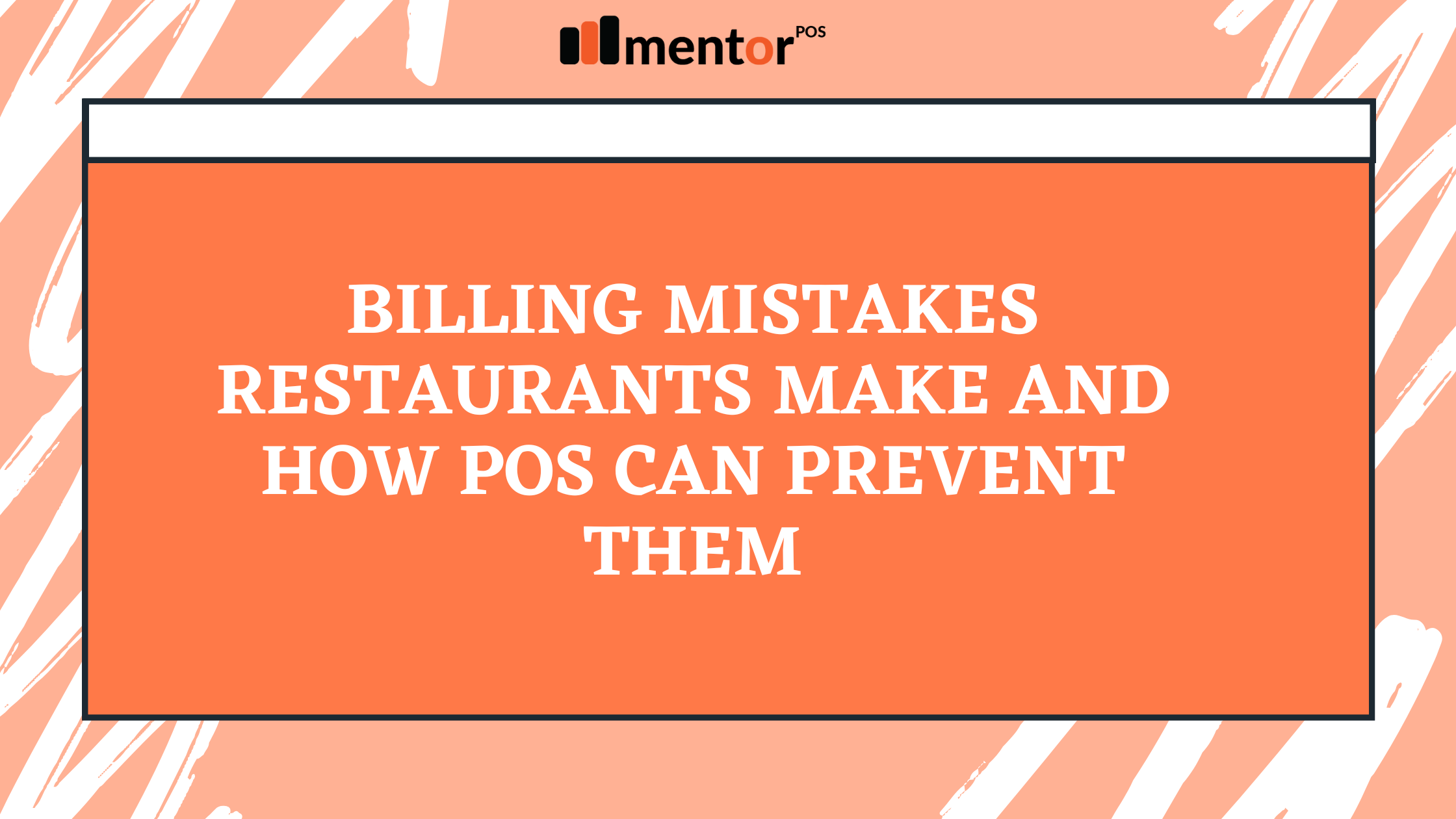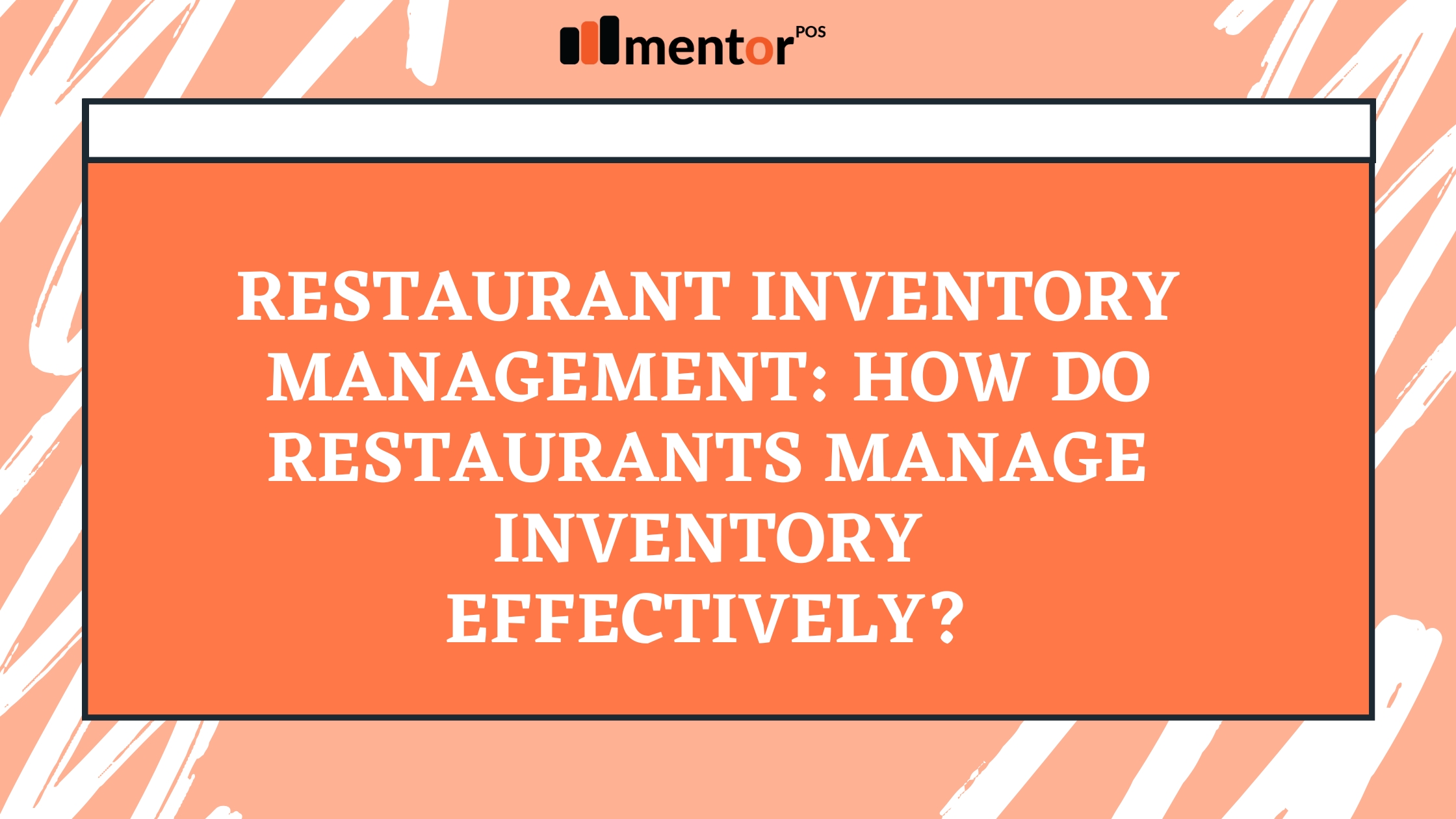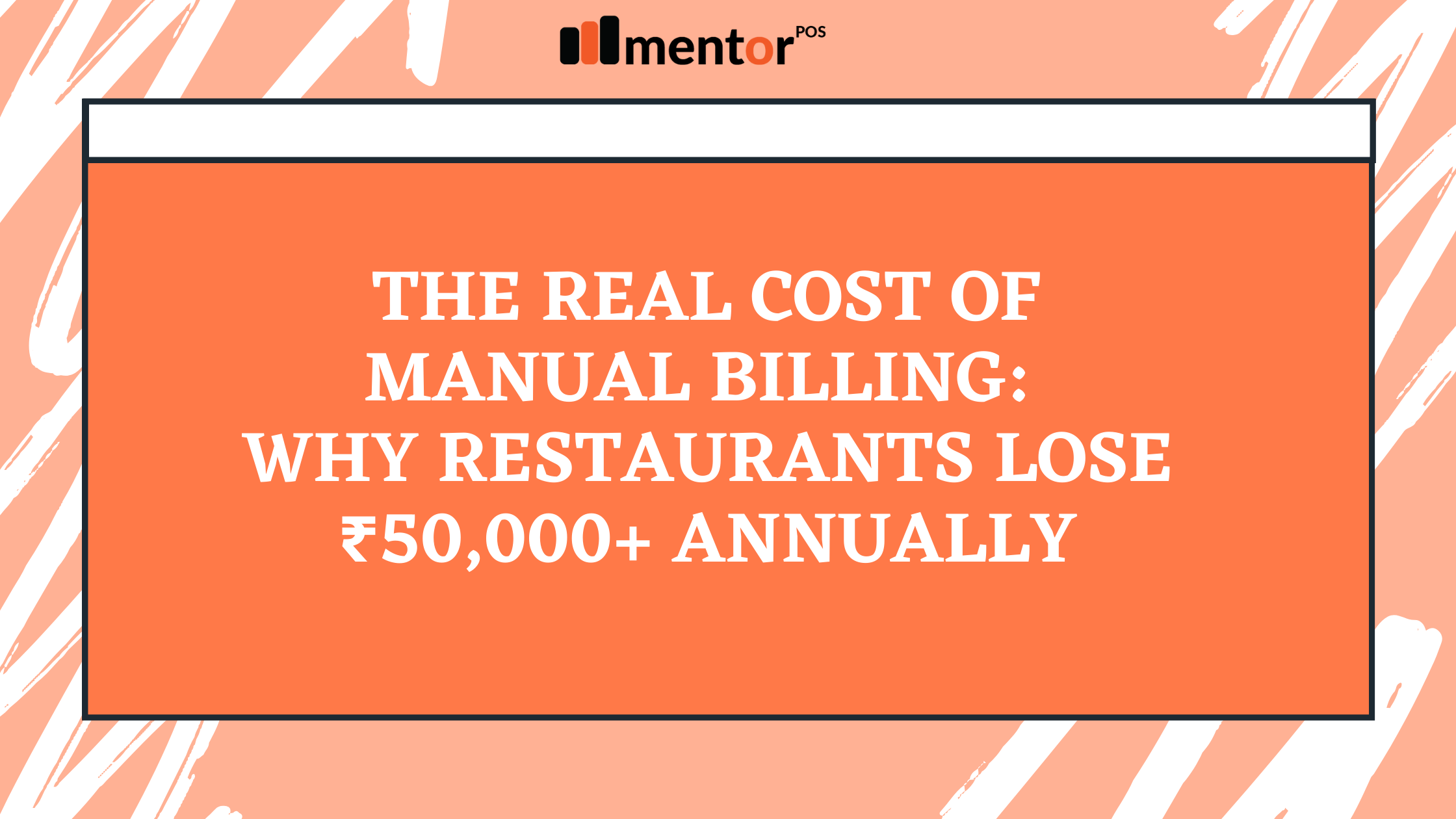In today’s culinary world, restaurants are no longer limited to the flavors of their own region. Customers now crave global tastes—truffle oil from Italy, saffron from Spain, Wagyu beef from Japan, or fresh avocados from Mexico. To meet these expectations, many restaurants import exotic ingredients directly from their country of origin. However, this process isn’t as simple as placing an order with an international supplier. To legally bring in these ingredients and serve them to customers, restaurants must comply with strict government regulations, which include obtaining the right import license.
An import license is more than just a legal document—it ensures safety, authenticity, and credibility in the food industry. For restaurant owners who wish to experiment with international cuisine, understanding the importance of this license is crucial.
Why Restaurants Import Exotic Ingredients
Food has become an experience. Diners are no longer satisfied with traditional menus; they want authenticity. A sushi restaurant in Mumbai serving real Japanese seaweed, or a fine-dining bistro in Delhi offering authentic French cheese, stands out because it offers something truly unique.
For chefs, imported ingredients are more than just a trend—they help maintain the integrity of recipes. A Thai curry prepared with fresh lemongrass grown in Thailand, for instance, tastes dramatically different from one made with local substitutes. This pursuit of authenticity pushes restaurants to import products from international suppliers. However, doing this without proper licenses can result in heavy penalties, reputational damage, and even business closure.
What Is an Import License?
An import license is a government-issued authorization that allows businesses to bring specific goods from abroad into the country. In the case of restaurants, it is especially important for food items since they fall under the category of consumables, which are heavily regulated.
In India, for example, restaurants need to apply for an Importer Exporter Code (IEC) from the Directorate General of Foreign Trade (DGFT). Additionally, they must comply with Food Safety and Standards Authority of India (FSSAI) regulations to ensure that the imported ingredients meet local health and safety guidelines. Together, these licenses and approvals ensure that only safe, traceable, and high-quality products reach the customer’s plate.
Also Read: Food Delivery Aggregator License: How to Partner with Swiggy & Zomato Legally
Steps to Obtain an Import License for Restaurants
Getting an import license involves several steps, and while the process may sound overwhelming, breaking it down makes it easier:
- Apply for an Importer Exporter Code (IEC):
This is the first and most crucial step. Without an IEC, no restaurant can import or export goods legally. The application is filed with DGFT, and once approved, restaurants can begin importing. - Register with FSSAI:
Since food imports are sensitive, restaurants must obtain FSSAI approval to ensure that the items comply with national food safety standards. - Customs Clearance:
Once the ingredients arrive in the country, they must pass customs checks. This includes submitting documentation like invoices, packing lists, and health certificates from the exporting country. - Compliance with Packaging and Labeling Rules:
Imported food items must carry proper labeling in accordance with local regulations, mentioning nutritional details, country of origin, and expiration dates.
By following these steps, restaurants safeguard themselves from legal complications and build trust with their customers.
Challenges Restaurants Face in Importing Ingredients
While importing exotic ingredients adds immense value, it isn’t without challenges. One of the major hurdles is regulatory compliance. Every country has strict laws governing food imports, and any error in documentation can lead to delays, additional costs, or rejection of the shipment.
Another challenge is the cost factor. Importing premium ingredients means higher prices, which may impact menu costs. Additionally, fluctuations in currency exchange rates and international shipping charges further affect profitability. Yet, despite these challenges, many restaurants find that the uniqueness they bring to the table outweighs the obstacles.
Benefits of Import Licensing for Restaurants
Though the process might seem complicated, having an import license offers clear advantages:
- Authenticity:
Restaurants can provide customers with genuine, globally sourced flavors, setting themselves apart in a competitive market. - Credibility:
Licensed imports reassure diners that the food they consume is safe, hygienic, and government-approved. - Growth Opportunities:
By offering an international menu, restaurants can attract a wider customer base, including expats and tourists looking for a taste of home. - Brand Image:
Restaurants with an import license position themselves as premium establishments that care about quality and authenticity.
Case Example: Fine Dining and Imports
Consider a fine-dining Italian restaurant that wants to serve authentic Parmigiano-Reggiano cheese and San Marzano tomatoes. Without an import license, it would have to rely on local substitutes, which may not meet the expectations of customers who are familiar with Italian cuisine. By securing an import license and adhering to FSSAI standards, the restaurant ensures that it not only delivers authentic flavors but also complies with safety norms. This builds customer loyalty and strengthens the brand’s reputation.
Conclusion
In a world where culinary experiences are becoming increasingly global, restaurants cannot ignore the importance of serving authentic flavors. Importing exotic ingredients is a great way to elevate dining experiences, but it comes with responsibility. An import license is not just a formality; it is the foundation of safe, legal, and authentic international dining.
For restaurant owners, investing time and resources into obtaining the right licenses is a step toward long-term growth. It not only allows them to expand their menus but also boosts credibility and customer trust. In short, serving exotic ingredients the right way starts with compliance—and an import license is the key to doing it right.
To manage all your imported inventory from one place in real time use the software, Mentor POS.

